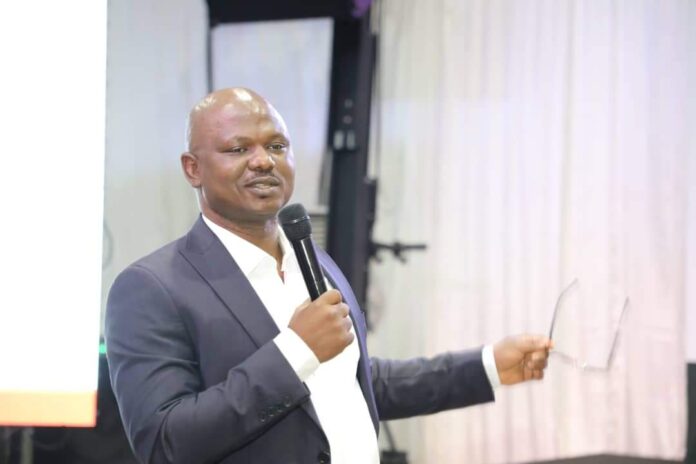Abuja, Nigeria — In a landmark move to improve the lives of Persons with Disabilities (PwDs), the Nigerian government has successfully secured Foreign Direct Investment (FDI) amounting to N20 billion aimed at facilitating the local production of assistive devices. This development was disclosed by James Lalu, the Executive Secretary of the National Commission for Persons with Disabilities (NCPWD), during an exclusive interview with the News Agency of Nigeria (NAN) on Sunday.
Mr. Lalu emphasized the critical need to transition from reliance on imported assistive devices to locally manufactured alternatives. Currently, an overwhelming 99 percent of assistive devices in Nigeria are imported, resulting in exorbitant prices that place these essential tools out of reach for many individuals with disabilities. This situation has exacerbated inequalities, making it imperative for the government to seek solutions that are both sustainable and affordable.
“Recently, we secured a Foreign Direct Investment to the tune of N20 billion,” Mr. Lalu announced. “The organization involved is committed to initiating the local manufacturing of assistive devices, and we have already signed a Memorandum of Understanding (MoU) to this effect. The National Commission for Persons with Disabilities is moving forward to ensure that Nigeria leverages this opportunity to produce assistive devices locally.”
The high cost of imported devices has strained the limited budgetary allocations available for assisting the disability community across Nigeria’s diverse states. By promoting local content in the manufacturing of these devices, the government aims to reduce costs significantly, thereby increasing accessibility and affordability for PwDs. This initiative is expected to stimulate the local economy, fostering growth and development within the nation’s manufacturing sector.
“With the local manufacturing of assistive devices, we expect to see increased patronage from state governments, local governments, and other governmental agencies, which will procure and distribute these devices to the disability communities,” Mr. Lalu explained. “This not only addresses the financial barriers but also ensures that assistive devices are tailored to meet the specific needs of our local communities.”
The scope of the project encompasses the production of a wide range of assistive devices, including wheelchairs, hearing aids, and specialized devices for the blind and deaf, as well as support tools for individuals with albinism. By fostering innovation and creativity within Nigeria, the NCPWD aims to develop cutting-edge solutions that enhance the quality of life for PwDs.
Mr. Lalu highlighted a recent discovery that underscores Nigeria’s potential in this sector. “We recently came across a video on social media featuring an innovator from Kano who developed a digital eyeglass equipped with sensors to assist blind individuals in navigating their surroundings. This invention communicates with the user through voice prompts, representing a significant advancement in assistive technology.”
In response to this innovative breakthrough, the commission extended an invitation to the inventor to visit their head office. “We are expecting him on Tuesday, and we plan to review his invention thoroughly,” Mr. Lalu said. “Our goal is to partner with the Bank of Industry and the National Agency for Science and Engineering Infrastructure (NASENI) to bring this innovation to fruition in Nigeria.”
The commission’s proactive approach in scouting for talent and innovative solutions is part of a broader strategy to integrate the disability community into the technological era. “Nigeria is a land of great opportunities,” Mr. Lalu asserted. “By identifying and nurturing local talent, we can develop homegrown solutions that cater specifically to our needs, ensuring that no one is left behind in our pursuit of progress.”
This initiative marks a significant step forward for Nigeria, promising to not only improve the accessibility and affordability of assistive devices but also to position the country as a leader in innovative disability support solutions. As the project progresses, it holds the potential to transform the lives of millions of Nigerians with disabilities, fostering a more inclusive and equitable society.


